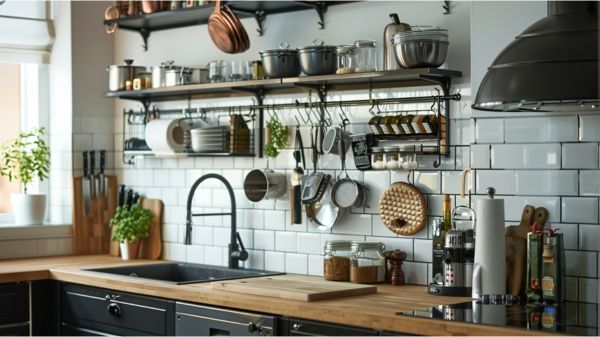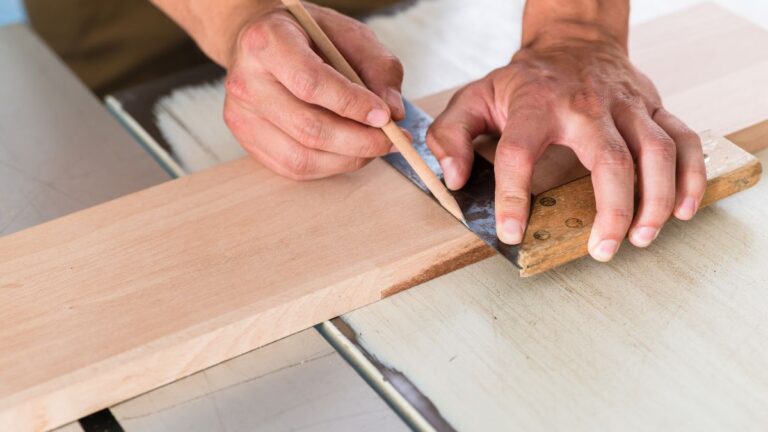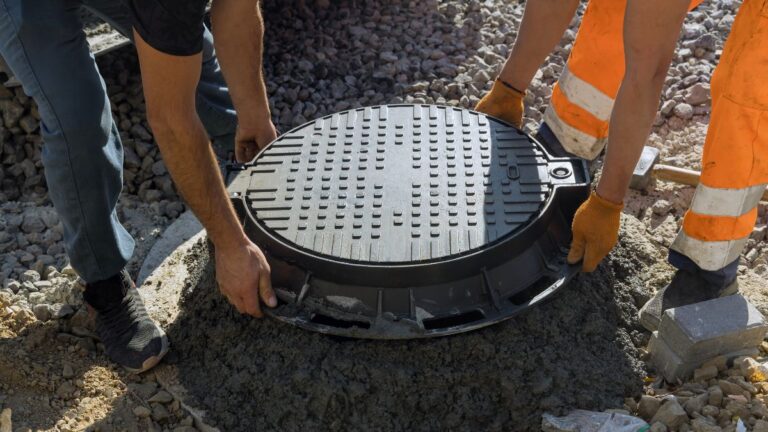5 Tips on Energy-Efficient Kitchen Appliances for Eco-Friendly Upgrades
When it comes to upgrading your kitchen with an eco-friendly touch, think of it as planting the seeds for a greener future right in the heart of your home. From sustainable kitchen countertop materials to energy-efficient kitchen appliances, each choice you make can have a significant impact on the environment.
But how exactly can you start this journey towards a more sustainable kitchen? Let’s explore five tips on energy-efficient kitchen appliances that will not only benefit the planet but also enhance the functionality and aesthetics of your kitchen space.
Key Takeaways
- Opt for recycled glass countertops for a sustainable and stylish kitchen upgrade.
- Switch to reusable kitchen essentials to reduce plastic waste and save money.
- Choose energy-efficient cooking appliances like induction stoves for faster and precise cooking.
- Install water-saving fixtures such as touchless faucets for reduced water usage and improved hygiene.
Recycled Countertop Materials
When considering eco-friendly kitchen upgrades, opting for recycled countertop materials not only enhances sustainability but also provides a unique and customizable design element. Recycled glass countertops are a fantastic choice for those seeking a stylish and environmentally conscious kitchen.
These countertops, made from up to 100% recycled glass, offer durability that can withstand the demands of daily kitchen use. The non-porous nature of recycled glass countertops makes them easy to clean and resistant to heat, stains, and scratches, ensuring they maintain their sleek appearance for years to come.
Not only do recycled glass countertops contribute to reducing waste and promoting sustainability, but they also come in a wide range of colors to match any kitchen style. The customizable aspect of these countertops allows you to create a one-of-a-kind kitchen design tailored to your preferences.
By choosing upcycled materials like recycled glass countertops, you’re making a conscious decision to support eco-friendly practices while enjoying a durable, easy-to-maintain, and stylish kitchen upgrade.
Related Post: Top Rustic Kitchen Makeover Ideas: A Collection.
Reusable Kitchen Items
Consider incorporating reusable kitchen items such as cloth napkins, dish towels, and glass containers to significantly reduce single-use plastic waste. By opting for eco-friendly materials like organic cotton and bamboo, you not only decrease the usage of harmful chemicals in production but also contribute to a sustainable lifestyle.
Utilizing glass jars and reusable storage bags can prevent over 700 pounds of plastic waste in a lifetime, while cloth napkins, dish towels, and glass containers alone can save up to 1,460 single-use plastic items per year. Choosing zero-waste options not only benefits the environment but can also save an average household over $1,500 annually.
Making the switch to these reusable kitchen items can help reduce over 100 pounds of kitchen waste per year, making a significant impact on creating a more sustainable and environmentally conscious kitchen.
Energy-Efficient Induction Stoves
Upgrade your kitchen to a more energy-efficient option with induction stoves, boasting a remarkable 90% energy utilization compared to traditional gas or electric stoves. Induction stoves are a game-changer in the kitchen, heating up quickly and reducing cooking time by 50%, ultimately saving energy.
Their precise temperature control, within 1-2 degrees, ensures your dishes are cooked efficiently every time. Safety is paramount with these stoves as the cooktop remains cool to the touch, minimizing the risk of burns.
One of the outstanding features of induction stoves is their energy efficiency. Unlike traditional stoves where heat is lost around the cookware, induction stoves heat only the cookware, reducing heat loss significantly.
This targeted heating not only makes cooking faster but also conserves energy. By making the switch to an induction stove, you aren’t only upgrading your kitchen but also contributing to a more eco-friendly household.
Related Post: Top Open-Concept Kitchen Design Ideas for Modern Homes.
Touchless Faucets
To enhance your kitchen’s efficiency and sustainability, a seamless transition from energy-efficient induction stoves leads you to the innovative realm of touchless faucets, offering a myriad of benefits for water conservation and hygiene. Touchless faucets are a smart addition to your green kitchen, providing a range of advantages:
- Reduce Water Usage: Touchless faucets with motion sensors can decrease water use by up to 30% compared to traditional faucets, helping you save on water bills and preserve this precious resource.
- Promote Hygiene: Upgrading to touchless faucets can prevent cross-contamination and promote better hygiene practices in the kitchen, especially during food preparation and cooking.
- Eliminate Single-Use Plastics: Touchless faucets equipped with water filtration systems can eliminate the need for single-use plastic water bottles, contributing to a more sustainable kitchen environment.
- Prevent Water Wastage: Motion-sensor faucets automatically shut off after a set period, reducing water wastage during dishwashing and food preparation, aligning with your water conservation efforts.
Consider the installation of touchless faucets as a practical and sustainable choice for your kitchen upgrade.
Sustainable Flooring Materials
Sustainable flooring materials for your eco-friendly kitchen renovation include cork, recycled tiles, bamboo, and sustainably sourced hardwood, all offering durability, aesthetics, and environmental benefits.
Cork, derived from cork oak trees’ bark, is renewable since trees aren’t cut down during harvesting. Recycled tiles, made from materials like glass and ceramics, reduce the need for new resources.
Bamboo, a rapidly growing plant, provides sustainable flooring due to its renewable nature. Sustainably sourced hardwood, obtained from responsibly managed forests, minimizes environmental impact.
These eco-friendly options not only enhance the aesthetic appeal of your kitchen but also contribute to a green kitchen upgrade by offering long-lasting durability. Choosing flooring materials like cork, bamboo, or recycled tiles ensures your kitchen upgrade isn’t only stylish but also environmentally conscious, providing both beauty and sustainability in one package.
Make a positive impact on your kitchen and the environment by selecting these environmentally friendly flooring options.
Related Post: Eco-Friendly Kitchen: How To Design A Sustainable Dream Kitchen.
Conclusion
Transform your kitchen into an eco-friendly oasis with these top tips! From stunning recycled glass countertops to energy-efficient kitchen appliances like induction stoves to make it a sustainable masterpiece.
Say goodbye to single-use plastic with reusable items and reduce water waste with touchless faucets. With sustainable flooring options like cork or bamboo, your kitchen won’t only look stylish but also help save the planet.
Make the switch today and enjoy a greener, more efficient kitchen!






